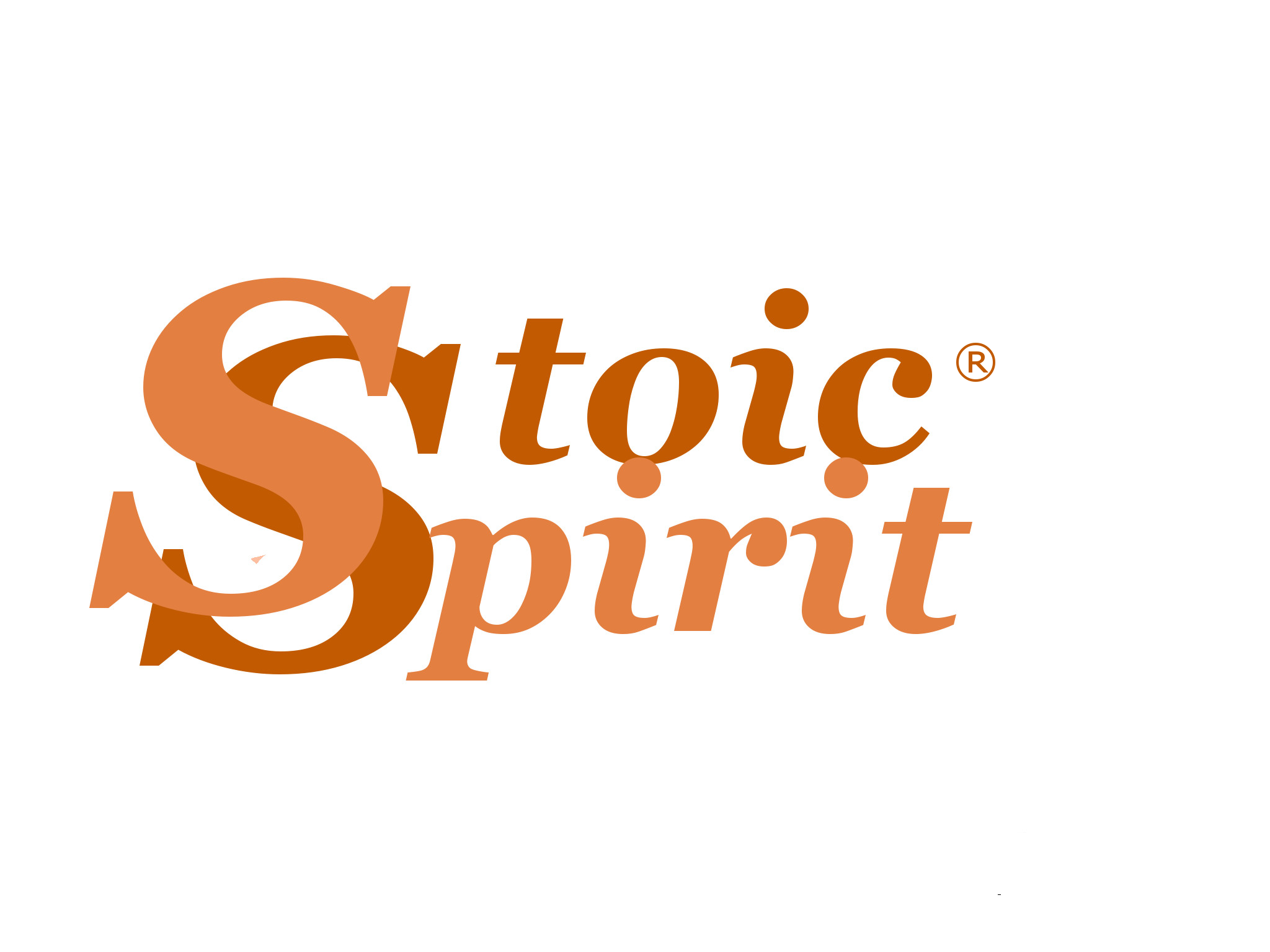
I don’t reveal a big secret with stating that, today the world is completely imbued with ideology from top to bottom. It’s always the ‘us’ and ‘them’ as the cause of all conflicts: we are nation X, they are nation Y, we are party A, they are party B, we are believers, they are unbelievers, we are oppressed, they are oppressors, etc..
No one sees the person in their fellow human being, only a member of an imaginary group, an avatar. Don’t get me wrong, the ‘us’ and ‘them’ approach is natural to a certain degree, because we are human, social beings.
It follows that he trusts his own kind more than strangers. By instinct, he lives in a family, a clan, a tribe, a village community, in the family, friendship, and kinship relationships that define his entire life.
However, the concept of ‘us’ and ‘them’ on such a gigantic scale, as in the geo-political reality that permeates the globe today, far exceeds what can be called natural. Unlike real communities, this is no longer on a human scale. No. This is a pure ideology.
As the world becomes more and more democratized, it becomes more and more public, and the private sphere, while still existing as a concept, becomes more and more an illusion and a distant, intangible concept.
In today’s world, it is rare to meet a person who does not identify as a member of some imaginary community. Any community that exceeds the human scale can only be imaginary, because there is no mutual personal acquaintance between the members that make it up.
However, this approach leads to the destruction of real communities, the micro-communities that carry civilization, and this is the so-called The basis of Cancel Culture is the classic divide and rule. Thus, with modernism and the rise of modern ideology, we entered the age where a slogan is worth more than a person’s life, such as ‘nation’, ‘home’, ‘freedom’ and so on.
I will demonstrate with just a few examples the cancel culture in action: the education of our children is no longer a family matter, but a public matter. Strangers educate our children, strangers touch our dead, safety first. Unsolicited ‘experts’ take over everything without your consent, even though life is worth living if it’s on an amateur, human scale.
Families are divided by party political feuds, parents and children are manipulated against each other in education. All this was achieved by two things, ideology and the technology that supports it.
How did we get here?
In contrast to ancient states and archaic societies, where everything was precisely defined by property relations, because everything was privately owned, modern states and societies are completely ideologically based, where everything is determined by the ‘public’, and in which private property relations do not play any role, and cannot play.
While in the ancient regimes there were three orders and all three had privileges, the aristocracy, the clergy, the bourgeoisie, today everyone is a citizen, but this no longer entails any privileges. Modern society also stands on three pillars, but these are already ideological.
- The first pillar is nationalism, the illusion of belonging.
- The second pillar is democracy, the illusion that the people govern themselves and that all citizens have a say in state affairs.
- The third pillar is socialism, the illusion of social justice and caring government.
These three pillars make up the modern ideology, which was formulated during the French Revolution as the ominous slogan of the new world order: Liberty, Equality, Fraternity.
- Liberty is democracy
- Equality is socialism
- Fraternity is nationalism
The attraction of these three towards each other is mutual, so much so that where a need for one occurs, there is usually a need for the other two as well.
This is the modernist holy trinity, but it is important to note that it only appears as a demand in a society that has reached a critical magnitude, in one that exceeds the human scale, i.e. in an industrial mass society.
As soon as a society reaches this critical size, it immediately begins to decline, because the aforementioned ideological base makes any real intellectualization impossible in the name of the common good, eliminating spontaneous social self-organization.
And ethics will always be relative in the case of shockingly infantilized mass societies, on the other hand, it is a luxury that such a society can never afford, because mere survival will always be more important.
Therefore, the societies of the earth are sinking into madness, and if you look at them, some are in crisis, of which the only exceptions are the small-scale societies. The reason for this is that man does not behave as the image of God, just as a primates, who is ready to sacrifice his fellow humans at any time just for sex and resources. Ideology is just an excuse for that.
The fatal attraction of ideologies
Ideologies are not stupid, unfortunately. Ideologies are very clever, which is why they are so dangerous. In fact, there is no human controlling the monster. Sounds super weird, but ideologies are out of human control altogether. This is because they know us better than we know ourselves.
They know exactly the eternal human desire to be freed from the negative consequences of our actions. And they offer an instant antidote to that. They target human weakness, such as vanity, greed, fear, ego, laziness, envy, revenge, lust for power. They turn man into a wolf of man by provoking the most primitive tribal instinct.
I can’t decide whether ideologies are more like viruses or narcotics. Their spread is similar to that of viruses, and their effect on the human mind is the same as that of narcotics. Political demagogues are only dealers of this drug, but not the masters of the monster. They have no control over it, because they have no power to shut it down.
When one commits to an ideology, one becomes corruptible and betrays one’s honest nature. He is no longer fueled by the passion of the search for truth, but by the inviolability of his own egocentric world, appropriating the truth for himself, or for the given ideology. However, truth is never ideologically committed.
Truth belongs to everyone. Truth cannot be privatized, portioned, or nationalized. Anyone who attempts this exalts himself and becomes available for purchase. And whoever is able to betray themselves, will never hesitate to betray their neighbour.
What can we say about political ideologies?
We know their nature. In their goals, they provoke the unanimous and uncritical worship of state power as the source of all good. But they never do this for the betterment of the common good, nor to help others, but rather to impose themselves by force on those whom they cannot convince with words.
I emphasize that I am only discussing the nature of ideologies here, not the methods of some political and economic interest groups to gain power, for whom ideology is just as much a means as the state machine itself.
There is no ideology in terms of its goals that would encourage anyone to be independent against power, so reduce the social influence of power, but all ideologies do and achieve the opposite. They make masses absolutely dependent and addicted to the state, both financially and emotionally. It is not in anyone’s interest to throw sand into the machine that they want to use for themselves.
Ideologies need state power to impose their will on society, but the state also needs ideologies to maintain the legitimacy of the monopoly of violence in the eyes of the masses.
Ideologies are therefore state theories at the same time, so much so that ideology itself is the state power. Their two targets, which can arouse the desire for freedom in people, are the meaning and beauty. For this reason ideology is the sin against the Holy Ghost. I believe that the worst common characteristic of ideologies, and at the same time their greatest sin, is that they ignore the reality of individual, with all its tragic consequences. They don’t care what the individual went through.
Thanks for reading!

